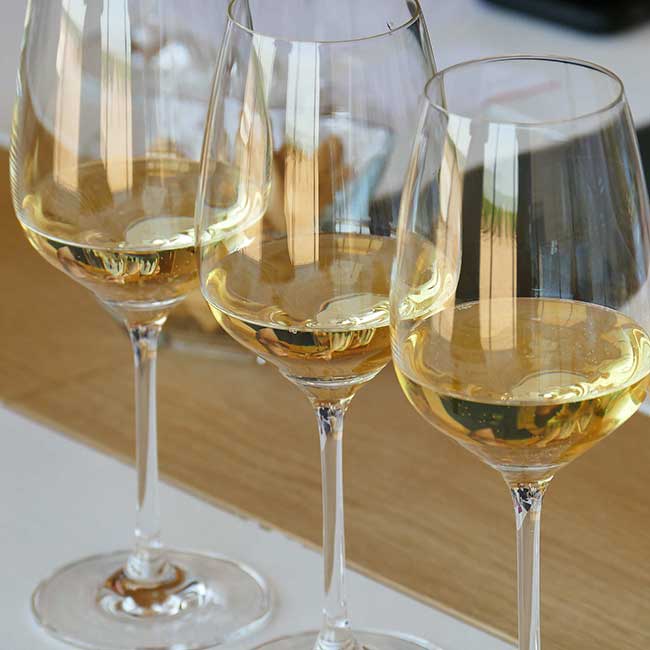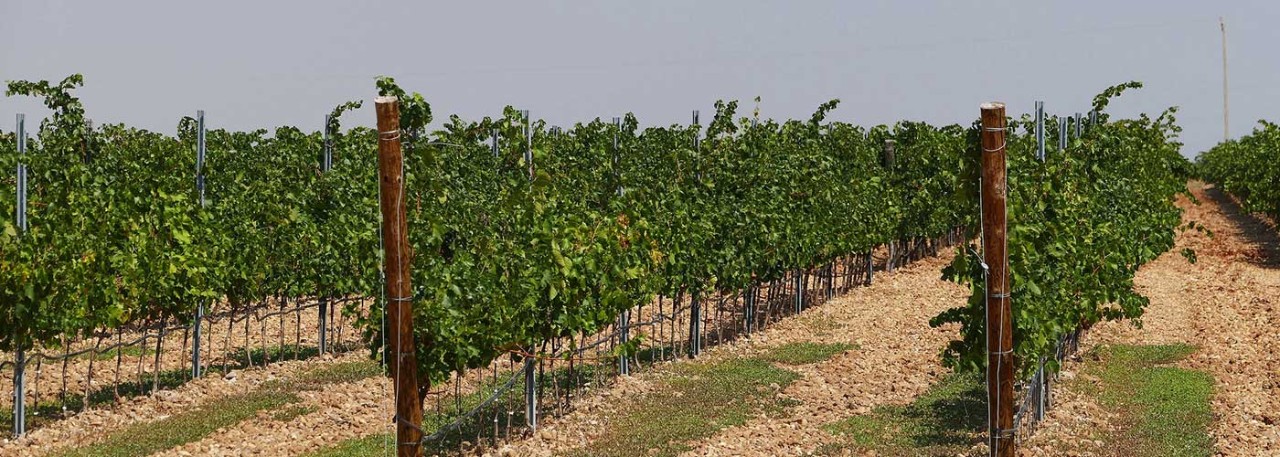.png.transform/rendition-xs/image_image%20(1).png)
DO Rueda Transforms Entire Wine Classification System and Establishes New Rules
The goal is to enable producers to make in the DO Rueda singular wines with added value, diversify their styles and increase exports.

Big changes are underway in DO Rueda, as the wine region’s regulatory council is conducting a major overhaul. The entire wine classification system is being transformed and new rules are being established for premium wines and the authorization of new grape varieties.
According to the head of the regulatory council, Carmen San Martin, these changes would “provide differentiation to meet market demands and provide producers with new opportunities to make increasingly singular wines with added value,” according to www.thedrinksbusiness.com.
Under this new tiered classification system, new designations are being created specifically for premium wines. For “Vino de Pueblo,” i.e. village wines, 85% of grapes will come from villages or municipalities and they will be included on the wine label. “Rueda Pálido” wines will be made organically and aged in oak barrels for a minimum of three years, while “Gran Vino de Rueda” will refer to wines made from grapes that come from vines that are 30 years old at a minimum and which have extremely low yields of at most 6,500 kilograms per hectare.
There are also newly approved grape varieties in the region, such as Syrah, Viognier and Chardonnay, and the various classifications for still wines have been merged into a single one: “Rueda.” Although wines from DO Rueda account for slightly more than 40% of white wine sales in Spain, exports accounted for just 15% in 2017 and the council is looking to grow that number. Producers want to move beyond Spain and diversify in terms of style and also raise their prices via exports.





